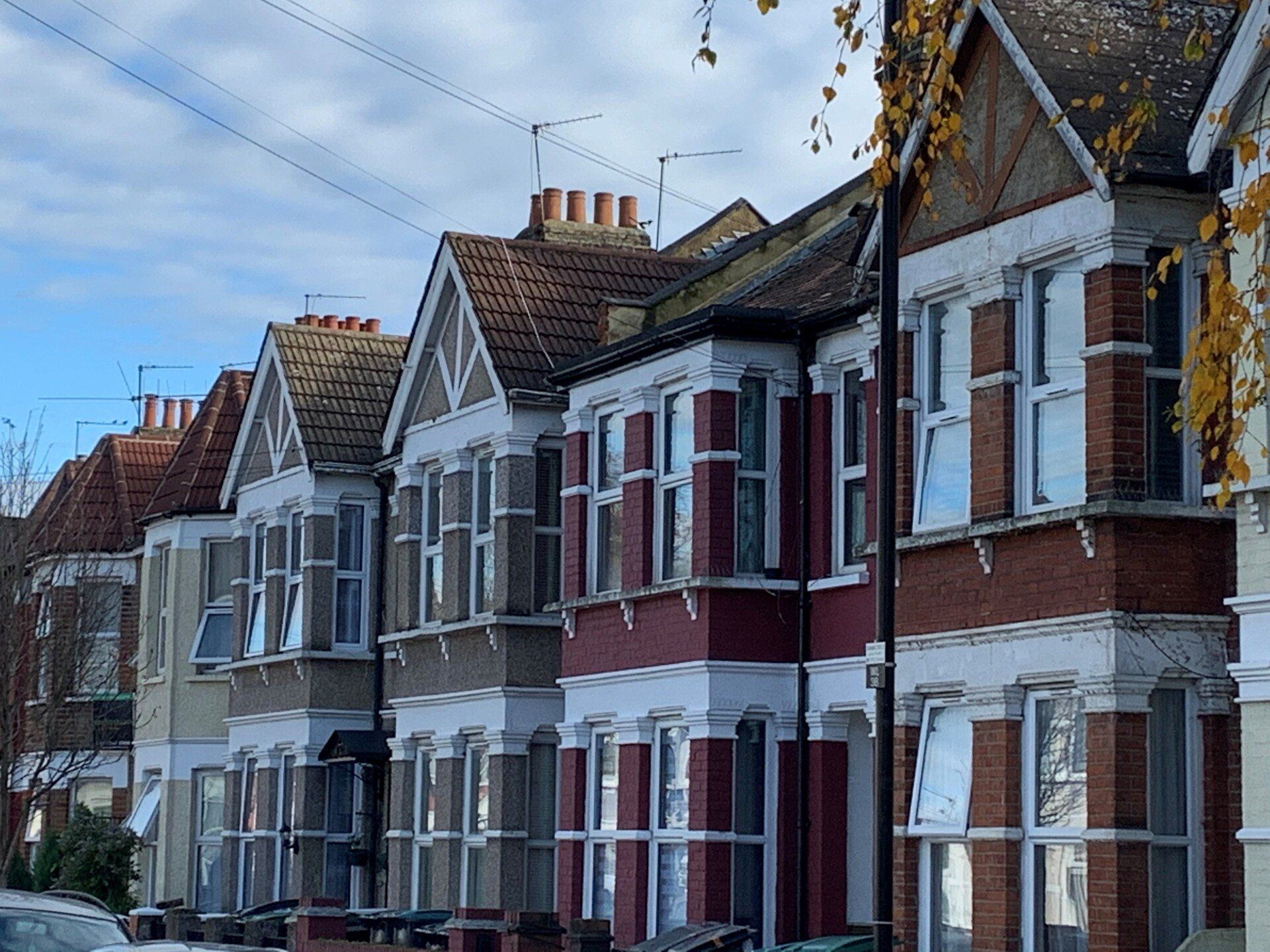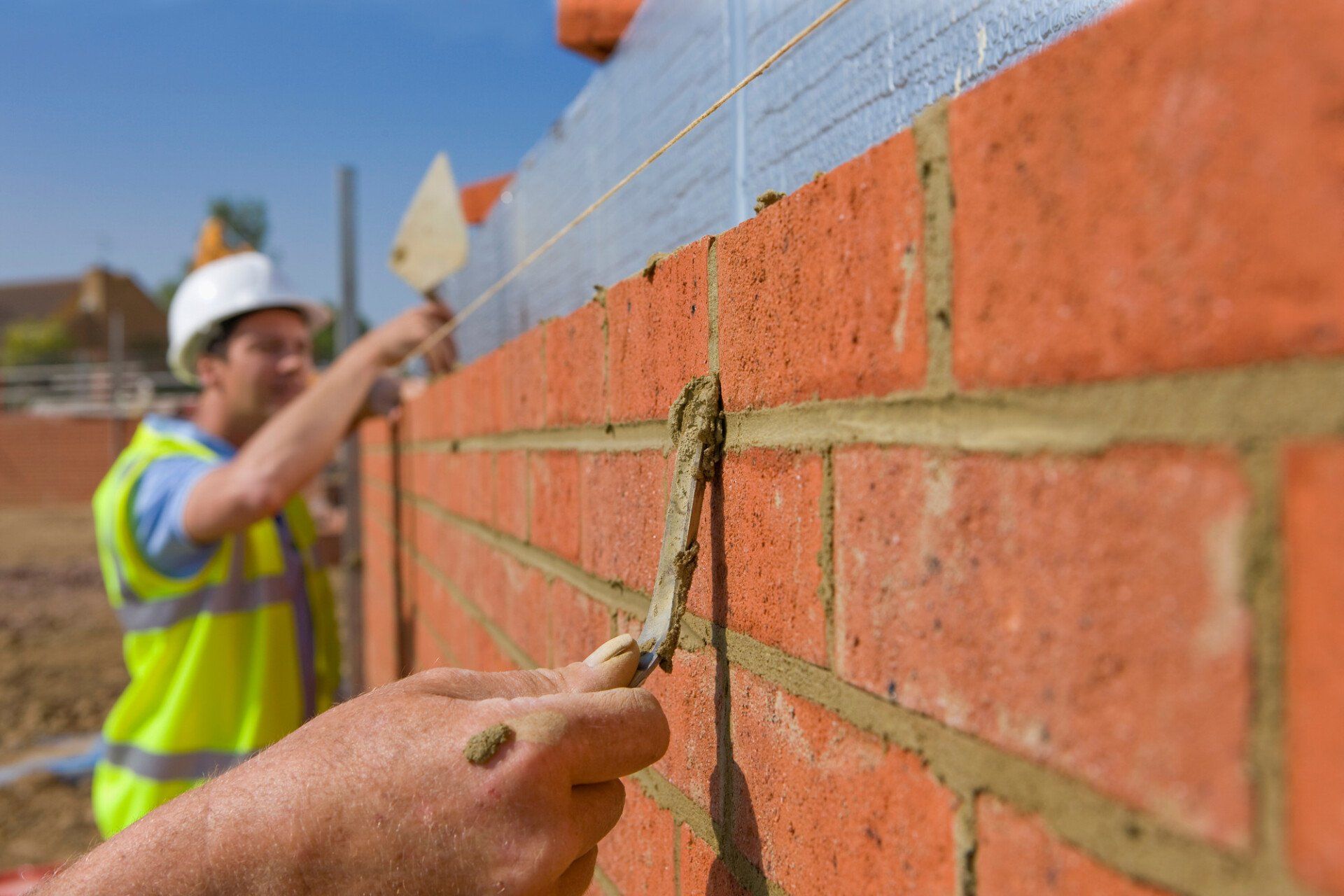Neighbour Disputes and Party Walls: Legal Insights from the Experts

When it comes to home renovations or property expansions, few topics stir up as much tension between neighbours as party walls. What starts as an innocent extension can spiral into a legal dispute if proper protocols aren't followed. Whether you’re a homeowner planning construction or a neighbour receiving a party wall notice, understanding the legal landscape can save time, money, and relationships.
In this blog, we’ll explore the legal foundations of party wall matters, common dispute triggers, and expert insights on resolving conflicts amicably and lawfully.
What Is a Party Wall?
A party wall is a shared wall between two properties. This can be:
- A wall that separates two terraced or semi-detached houses.
- A wall or structure shared across a boundary, like in extensions or garden walls.
- A floor or ceiling separating flats in a converted building.
In England and Wales, party wall matters are governed by the Party Wall etc. Act 1996. This law ensures that any building work that might affect a shared structure is carried out in a way that protects the rights of both parties.
Why Do Disputes Arise?
Neighbour disputes over party walls can occur for a variety of reasons:
Lack of Communication
Homeowners may begin work without properly informing their neighbours, causing confusion and distrust.
Noise and Disruption
Construction noise, dust, or blocked access can fuel tension.
Property Damage
If a neighbour suspects structural damage due to your project, it can quickly escalate into a legal issue.
Unauthorized Work
Some homeowners bypass the formal notification process required by law, making their actions illegal and subject to dispute.
The Legal Framework: Party Wall etc. Act 1996
The Party Wall Act sets out a clear process for notifying neighbours (referred to as "adjoining owners") about planned works. Here’s what the law requires:
When Do You Need to Serve a Party Wall Notice?
You must serve a formal party wall notice if you plan to:
- Build on or at the boundary of two properties
- Work on an existing party wall
- Dig foundations within 3 to 6 metres of your neighbour's property, depending on depth
Notice Period
- 1 month before minor works (e.g., cutting into a wall)
- 2 months before more extensive work (e.g., building a new wall at the boundary)
What Happens After Serving a Notice?
Once a notice is served, your neighbour has 14 days to respond:
Consent – If your neighbour agrees, work can proceed without the need for a surveyor.
Dissent – If they refuse or don’t reply within 14 days, a dispute is considered to exist under the Act.
Dispute Resolution: What the Law Says
If there’s a disagreement, both parties must appoint a Party Wall Surveyor (or agree on a single joint surveyor). Their role is to:
- Assess the planned works
- Inspect properties pre-construction
- Prepare a Party Wall Award, a legal document detailing how the work should be done to avoid damage or disputes
This award is binding and enforceable in court if necessary.
Expert Insight: How to Avoid Disputes
We asked several experienced party wall surveyors and legal professionals for their advice on navigating disputes. Here’s what they recommend:
1. Start with Transparency
“Most disputes can be avoided with early, open communication,” says James Barrett, a London-based party wall surveyor. “Explain your plans to your neighbour in plain language before serving the formal notice.”
2. Get Professional Help Early
Legal experts strongly suggest involving a party wall surveyor before serving the notice:
“A proper surveyor not only ensures compliance but can also pre-empt issues that may cause conflict,” notes Clare Reynolds, a property law solicitor.
3. Document Everything
Take photos of the adjoining property before construction begins. This helps resolve claims about damage after the work is done.
4. Respect the Process
“Trying to cut corners—like starting work without notice or ignoring the Act—almost always backfires,” warns Mr. Barrett. “Not only could you face legal injunctions, but you could also end up paying for damages or legal fees.”
Consequences of Ignoring the Law
Ignoring the Party Wall Act can lead to:
- Court injunctions stopping your work immediately
- Being held liable for damage to your neighbour’s property
- Strained neighbourly relations that could impact future property matters
- Delays and increased costs from having to redo improperly executed work
In worst-case scenarios, disputes escalate into expensive court battles.
Common Myths Debunked
“It’s my property—I can build whatever I want.”
Not if it affects a shared structure. Party walls are jointly owned.
“If my neighbour ignores the notice, I can go ahead.”
No. A lack of response after 14 days counts as dissent, and you must appoint a surveyor.
“I don’t need a surveyor if the work is minor.”
Even small changes like inserting beams or cutting into a party wall require proper notification and possibly a surveyor’s involvement.
Conclusion: Build with the Law on Your Side
Whether you’re extending your kitchen or converting a loft, respecting your neighbour’s rights is not only courteous—it’s legally required. The Party Wall etc. Act 1996 exists to ensure that building works are fair and safe for everyone involved.
By:
- Serving the correct notices
- Involving experienced party wall surveyors
- Keeping communication clear and respectful
…you can protect your project—and your peace of mind.
If you’re unsure where to start, speak to a qualified party wall expert before planning your next renovation. It's a small step that can prevent big problems.
For more information call us at 020 3875 9279 or email us.










